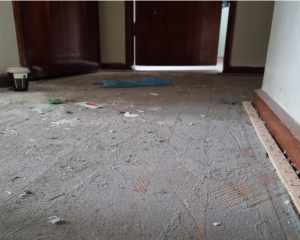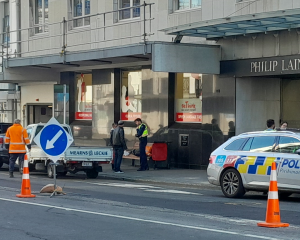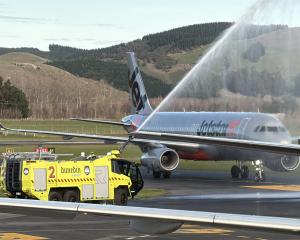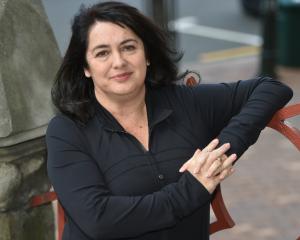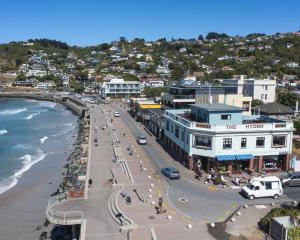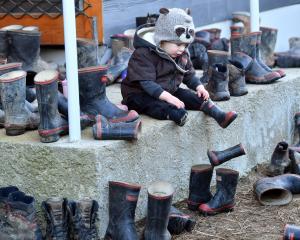
A friendly face can go a long way.
For refugees arriving in Dunedin, it can mean safety and belonging, and 85-year-old Mosgiel man Ian Baldwin does his part to give these refugees just that.
Mr Baldwin is a volunteer for the Red Cross Pathways to Settlement programme, which offers support to refugee families settling in New Zealand.
A retired electronics engineer, originally from Southampton in the UK, Mr Baldwin came to New Zealand in 1955 to get married His late wife of 57 years, Mona, passed away six years ago.
He sold his house in Fairfield, with a large garden which he says used to keep him occupied, and moved to Mosgiel.
"I had not very much to do and found myself sitting down feeling sorry for myself. I said 'this is no bloody good - I've got to do something'. So I looked for volunteer work."
Mr Baldwin started volunteering for meals on wheels in early 2017, but found the minimal contact time not enough.
"It was only three-quarters of an hour once a fortnight, which didn't really keep me occupied."
He came to Red Cross after reading an advertisement about the need for volunteers to support former refugees.
"I thought 'that sounds interesting'. So I went along to their course and that was it. I started going out and loved doing it."
The refugees usually stay six weeks in Auckland upon arriving in New Zealand. This can sometimes turn into months because of difficulties finding suitable housing. But they are greeted by Red Cross when they arrive at Dunedin Airport and taken to their new homes.
"We go in and set up the house ready for them, so when they arrive the beds are made and the cutlery and crockery are all in place. We try to make it look like it's a place ready for them to live in."
Mr Baldwin has now helped seven families from both Syria and Afghanistan.
"We help to introduce them to Dunedin, show them how to do things and make them confident to do it by themselves.
"We teach them how to use an ATM, do eftpos, use buses, where the best shops are that they want to buy stuff from."
The support also includes helping refugees register with doctors and schools, while Mr Baldwin and other volunteers are used as emergency contacts because of the language barrier.
Mr Baldwin describes the communication process and language barrier as "interesting".
"We have access to interpreters online but I find it just as easy to use Google. After you've done a few families you get used to being able to sign gestures. One expression I have learned is 'slowly slowly' because they've been in limbo for sometimes seven years and when they come here they want everything done immediately."
But there is one word Mr Baldwin has found that everybody knows.
"Ice cream", he says with a grin.
The first family Mr Baldwin supported had only three members, but the families just kept getting larger.
This prompted him to buy a people-mover to transport larger numbers.
"I had a hatchback originally. The second family I got was five people - they just didn't quite fit. So I bought the Estima, which is an eight-seater. And then the Red Cross promptly gave me a family of 10, just to be interesting," he joked.
He usually spent three months supporting individual families, and sometimes up to six months, and saw them three or four times a week. Even after they were settled he kept in touch, as by that stage they had become friends.
"Most of my families have been quite capable after three months. But that doesn't mean I stop seeing them. I see them more often than most, because I'm retired and have nothing to do. It's more than Red Cross recommend, but I don't care. I enjoy seeing them and they seem to enjoy seeing me."
